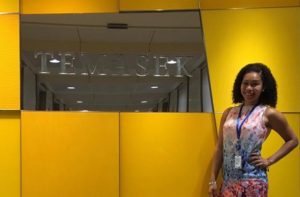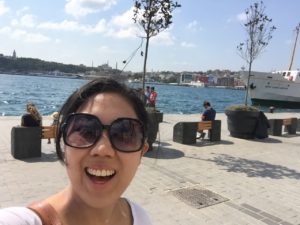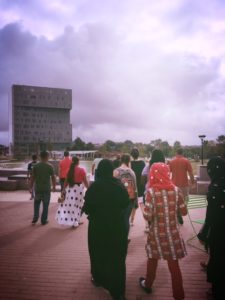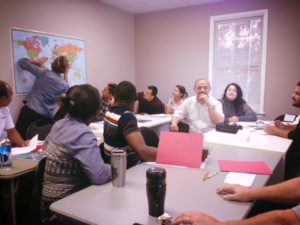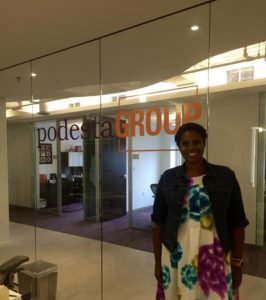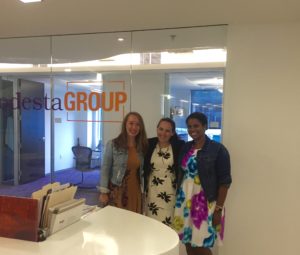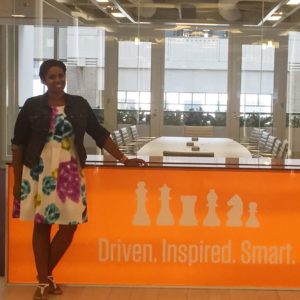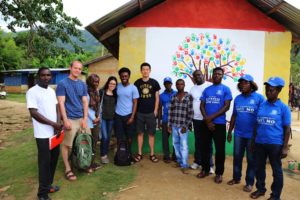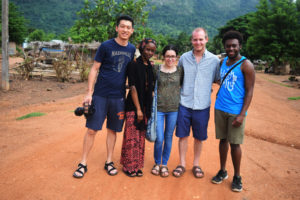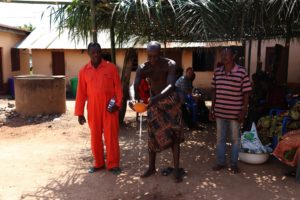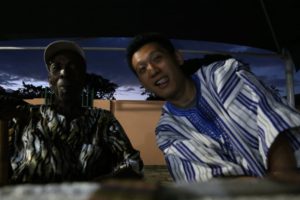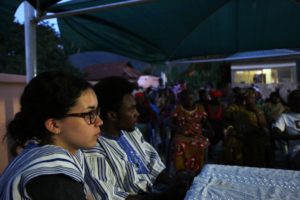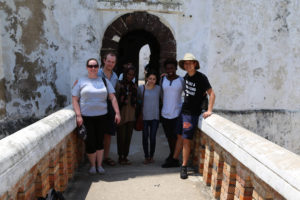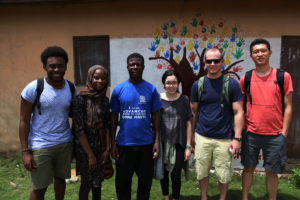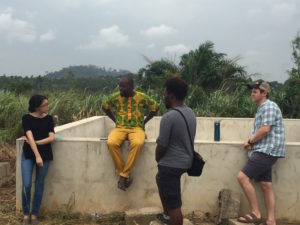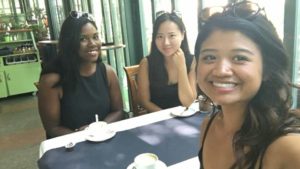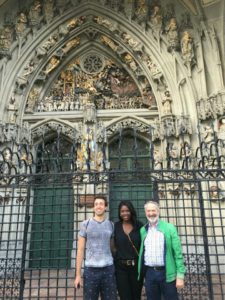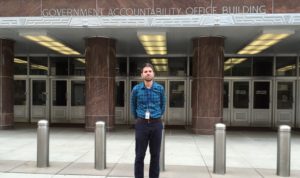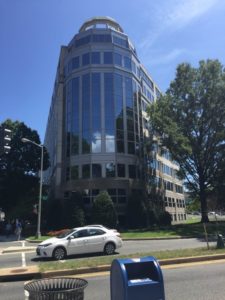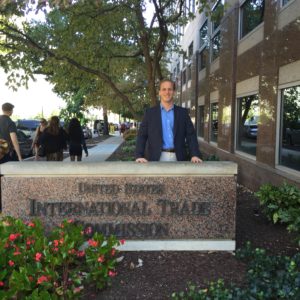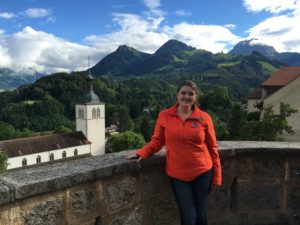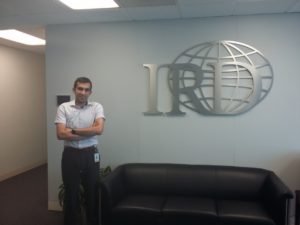Rosalina Jowers is a second year graduate student in the joint MAIR/MSPR Public Diplomacy program. She was a research assistant for the Public Relations department of the S.I. Newhouse School of Public Communications and is currently a research assistant in the Tully Center for Free Speech during the fall of 2016. She participated in the Singapore Summer Internship Program during the summer of 2016 and interned with the Stewardship Asia Centre.
This summer, I had the opportunity to intern with the Stewardship Asia Centre in Singapore. Throughout my three months in the position, I worked as both a research assistant and a public
relations and marketing intern for the team.
SAC is a thought-leadership center based in Singapore that conducts research and holds regional events to advocate for corporate stewardship, governance, and responsibility in the private sector. The center holds an annual event inviting international business leaders, CEOs, investors, and government officials to discuss best practices, challenges, and emerging themes that impact corporate stewardship and add to the existing literature. Within their Knowledge Center, SAC produces white papers, media articles, and has recently published a book about the necessity and prevalence of stewardship internationally.
Due to the small size of my team, I played a multifaceted position and was able to become thoroughly involved in various roles. My primary role was to contribute to SAC’s Knowledge Center by conducting research about stewardship in regards to cultural differences, family businesses, and sovereign wealth funds. I compiled my findings into three separate research articles that will be published within the Knowledge Center and used for future book publications and media articles.
Secondly, I worked with SAC’s public relations team in event planning, media relations, and brief writing. SAC’s annual roundtable event was held towards the end of my internship, and I was able to help with the planning, implementation and evaluation of our media and event strategies. I helped pitch and coordinate with media personnel, assist in interviews with key speakers, and ensure the smooth running of the event. For SAC itself, I was able to create the
event insights report, informational videos about the center and the event, and also create briefs for the center’s CEO for his regional speaking platforms promoting stewardship and CSR.
Lastly, I worked with the marketing team in promoting the center’s first publication, Inspiring Stewardship. In collaborating with the book’s publisher, Wiley Asia, I helped create a marketing plan for both the regional and international promotion of the book, communicate with key media contacts in Singapore, and plan a book launch event that will be held in Singapore this upcoming fall.
Aside from the valuable experience I gained throughout these varying roles, I was able to network with a variety of top executives from the Southeast Asia region to expand my network and acquire valuable contacts for the future. Thankfully and because of this experience, I gained valuable insights into the work, social and political environment of Singapore, and was able to explore the region unlike I have ever been able to before.
